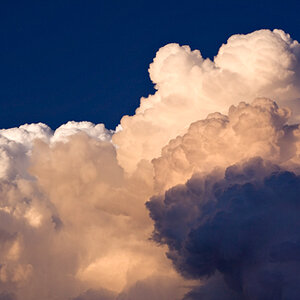Garbz
No longer a newbie, moving up!
- Joined
- Oct 26, 2003
- Messages
- 9,713
- Reaction score
- 203
- Location
- Brisbane, Australia
- Website
- www.auer.garbz.com
- Can others edit my Photos
- Photos NOT OK to edit
Is this right? Is it wrong? Is it good? Is it bad? I'm curious of thoughts.
No one here can answer that. They can just answer if they like it or not. Some of the images are good, some are not so good in my opinion. The only person you may ask if it is right or wrong was the photographer. It is his image, his vision. Disregarding what people think of Photoshopping, no one can deny that it is the photographer's art, and not the viewers.
Also... was it even possible to do this with film prior to Photoshop? If so, did it take extraordinary means to do so? Or was it common?
There is not an image on that page that could not have been done using various films and dark room techniques.



![[No title]](/data/xfmg/thumbnail/40/40288-4d5d7a8aa74ddfceb5fb82062d9b21be.jpg?1619739409)
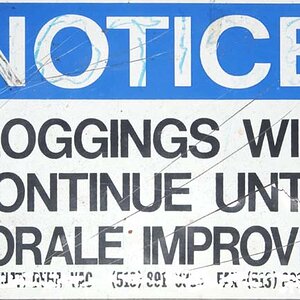
![[No title]](/data/xfmg/thumbnail/40/40285-2ce5915035c220ccb3485030863b62d0.jpg?1619739408)

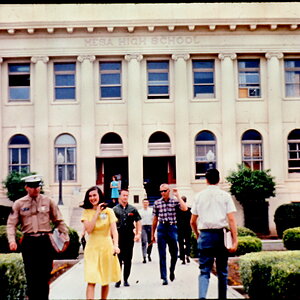
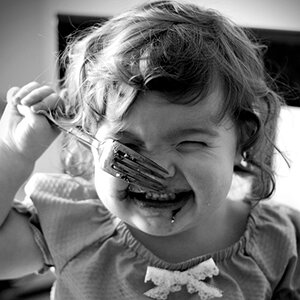
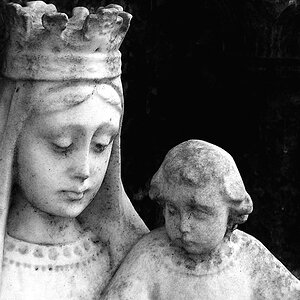
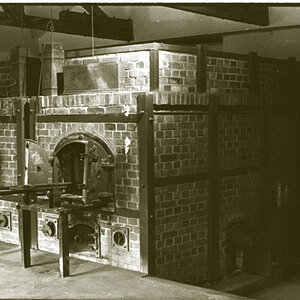
![[No title]](/data/xfmg/thumbnail/40/40284-f59f6230f0d5b9eacf977f8b0392f087.jpg?1619739407)
